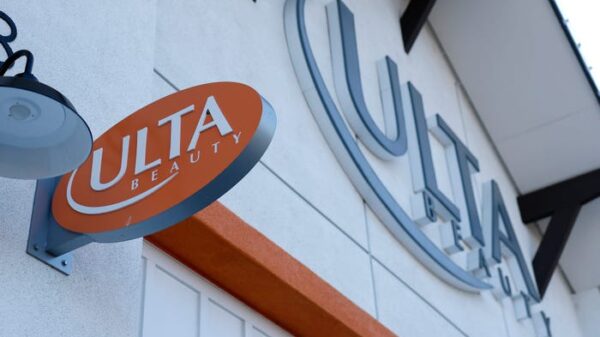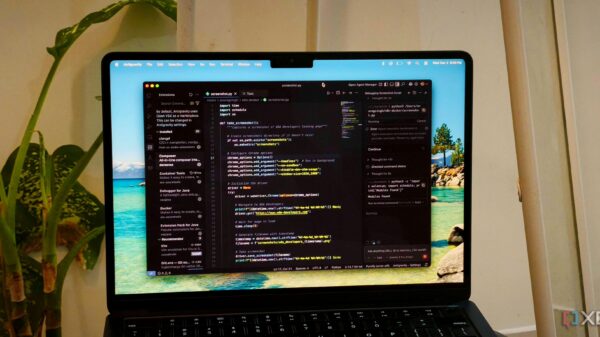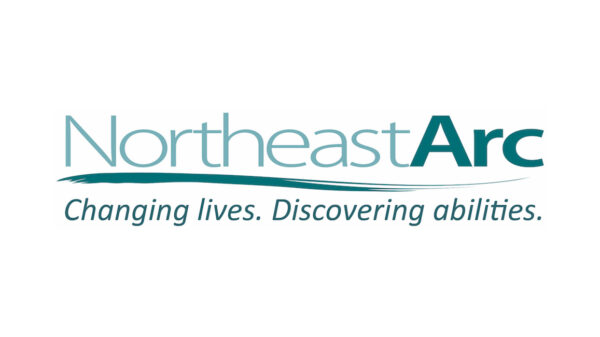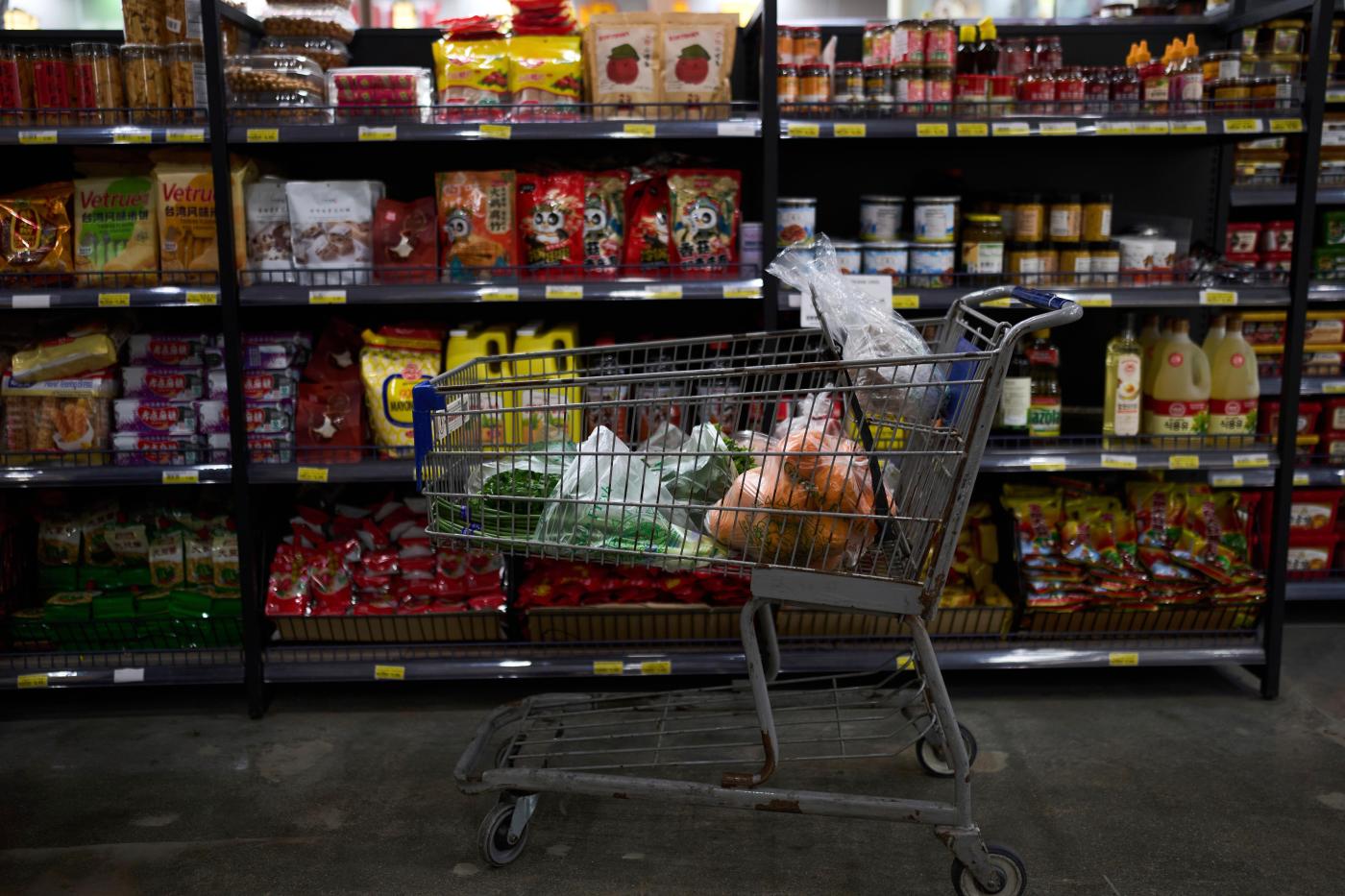URGENT UPDATE: The Elgin City Council has just approved a 1% grocery tax to replace the Illinois grocery tax being phased out, a move expected to generate $1.2 million annually to fund the city’s critical lead service line replacement program. This decision, made on Wednesday, October 4, 2023, comes as municipalities statewide must finalize local taxes by October 2023 ahead of the state tax elimination set for January 1, 2024.
City Manager Rick Kozal emphasized the necessity of this measure, stating that without it, Elgin’s general fund would face significant losses. “Continuing this tax means we won’t have to find another financial source that impacts residents and businesses,” Kozal explained.
Councilwoman Diana Alfaro supported the tax, highlighting that it alleviates potential burdens on property taxes. “There are a lot of hard decisions coming our way given what is happening on the federal level with certain cuts,” she stated, stressing the importance of maintaining funds for essential infrastructure work.
The city is currently in year five of its ambitious $150 million lead service line replacement initiative. With approximately 10,000 lead service lines still in use, Elgin has successfully replaced 2,789 lines to date. Councilman Steve Thoren noted that residents are already accustomed to paying this grocery tax, making it a reasonable solution to continue funding the replacement project until its completion in 12 years.
Despite the support, Mayor Dave Kaptain expressed concerns about the financial strain on families already grappling with rising costs for essentials. “This is one thing the city of Elgin has a little bit of control over,” he remarked, suggesting that the lost revenue would be minimal compared to the city’s $370 million budget.
Nonetheless, Councilwoman Tish Powell countered Kaptain’s position, clarifying, “It is not a new tax. It is currently in place now.” She noted that this revenue source is advantageous as it does not impact property taxes and is also paid by residents and visitors alike, while being exempt for those receiving SNAP benefits. “I think it’s shortsighted to think we can afford to give up $1.2 million,” she added.
As Elgin moves forward with this measure, residents and businesses are urged to stay informed on how these developments will affect the community and infrastructure projects in the coming months. The decision underscores the city’s commitment to improving public health and safety through the replacement of outdated lead service lines, marking a significant step in enhancing water quality for all residents.
Stay tuned for further updates as Elgin prepares for the implementation of the new grocery tax and its impact on local infrastructure funding.







































































